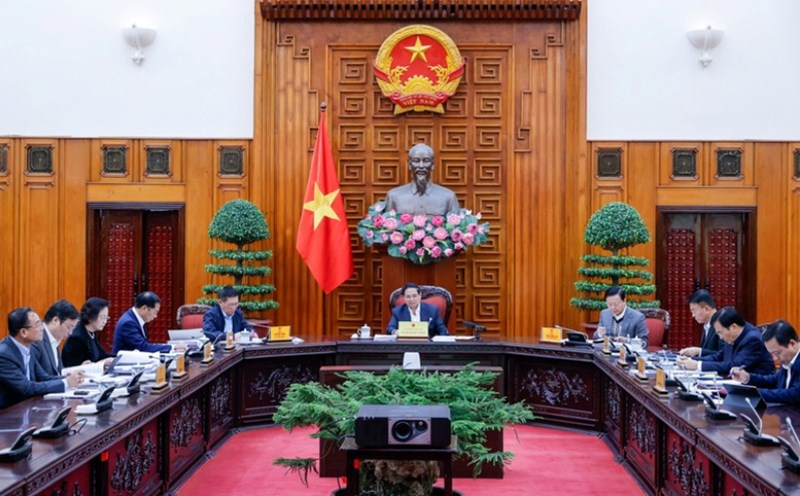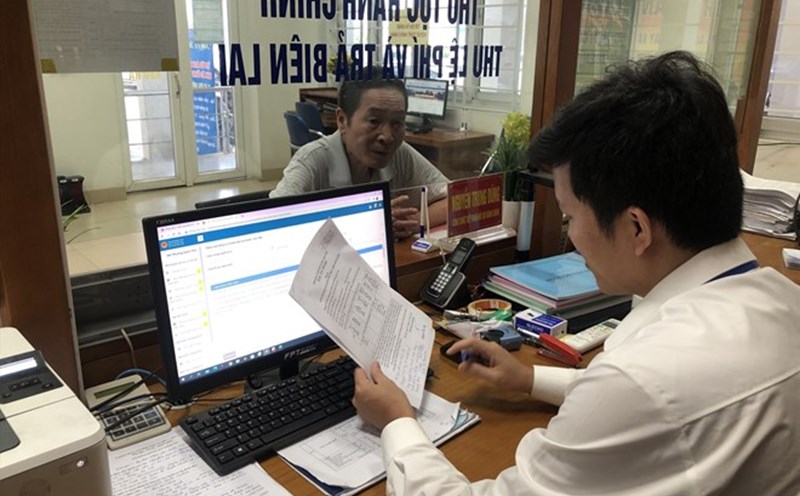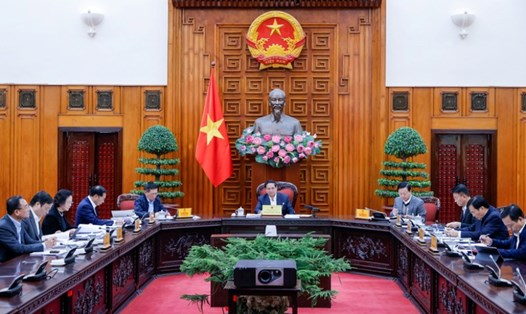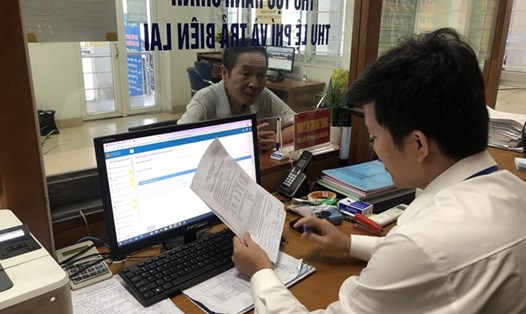On February 13, according to the Ministry of Home Affairs' Electronic Information Portal, the Ministry of Home Affairs coordinated with the Vietnam Association of Administrative Sciences to organize a scientific workshop with the theme: "Institutional bottlenecks and breakthrough solutions for development".
At the workshop, Deputy Minister of Home Affairs Truong Hai Long emphasized that to realize the aspiration of becoming a developed country, a synchronous, modern and effective institution is needed, especially in the condition of having to solve the three pillars of the socialist model in our country.
In that context, institutions are not only the legal framework but also an important driving force to orient and promote socio-economic development.
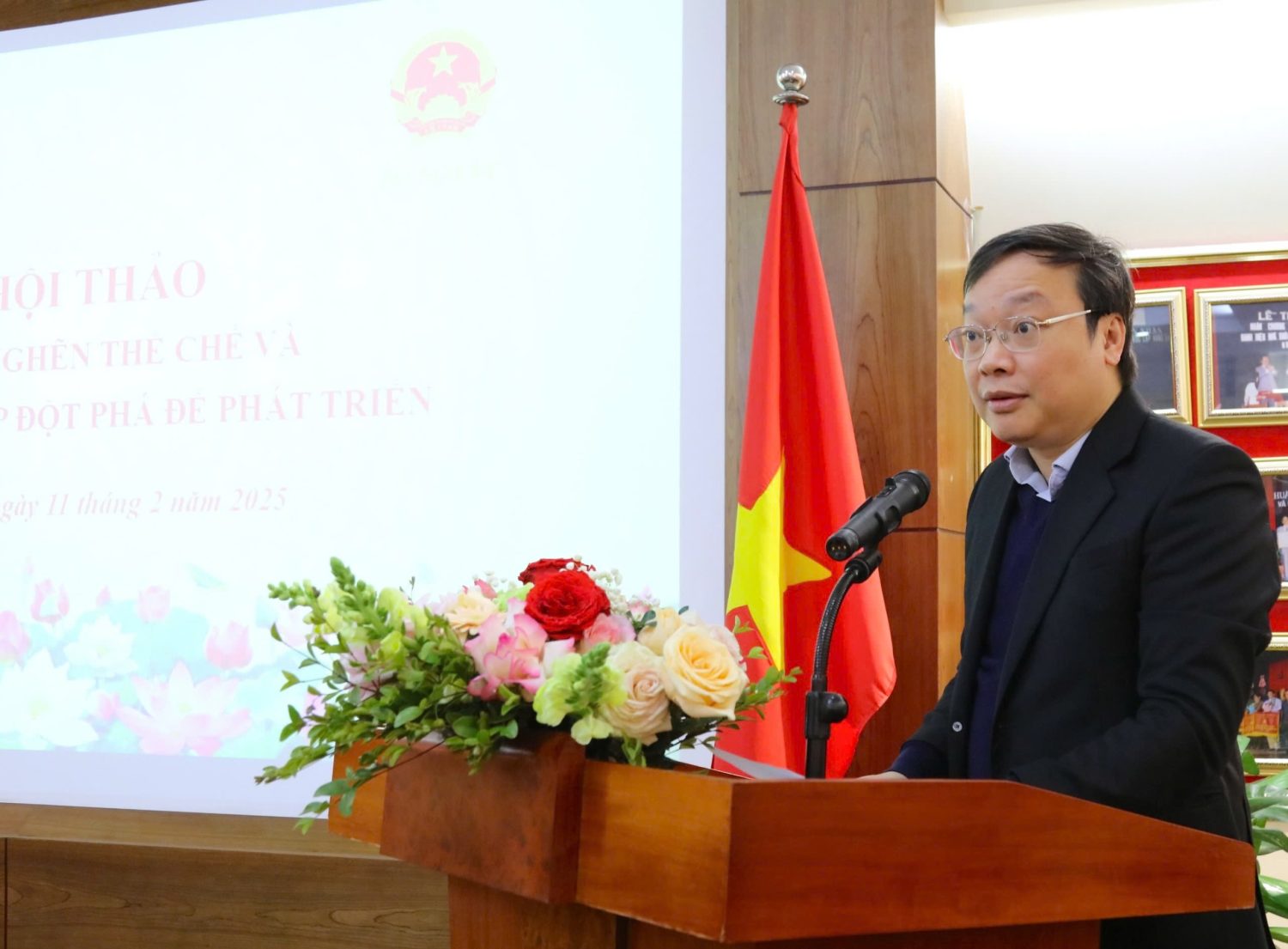
However, the current system has not kept up with the development process. There are still bottlenecks and barriers in mechanisms and policies that are slowing down the country's development.
Dr. Tran Anh Tuan - Chairman of the Vietnam Association of Administrative Science, former Deputy Minister of Home Affairs - affirmed that institutions play a fundamental, decisive and driving role in promoting the development of each country.
Mr. Tran Anh Tuan commented that the mechanisms and policies in the legal system are slow to change compared to practical requirements, creating a "too tight shirt" that gives rise to many specific policies for local development.
Decentralization and delegation between the Government and local authorities, although implemented, are still formal, with many procedures and consultations...
Among the causes, Chairman Tran Anh Tuan emphasized the mindset of "sitting still", not changing, or changing half-heartedly, piecemeal, and unsystematically, national management and administration still follow the "old path", still "old wine in new bottles", still being willful and dogmatic; it is very easy to fall into the situation: Solving one bottleneck only creates another.
The assessment has not yet distinguished the competent from the incompetent, and is still struggling to transition from the professional civil service regime to the employment civil service regime.
The list of job positions is not really linked to the functions and tasks of each organization, and is not really the basis for breakthroughs in innovation in the management of cadres and civil servants.
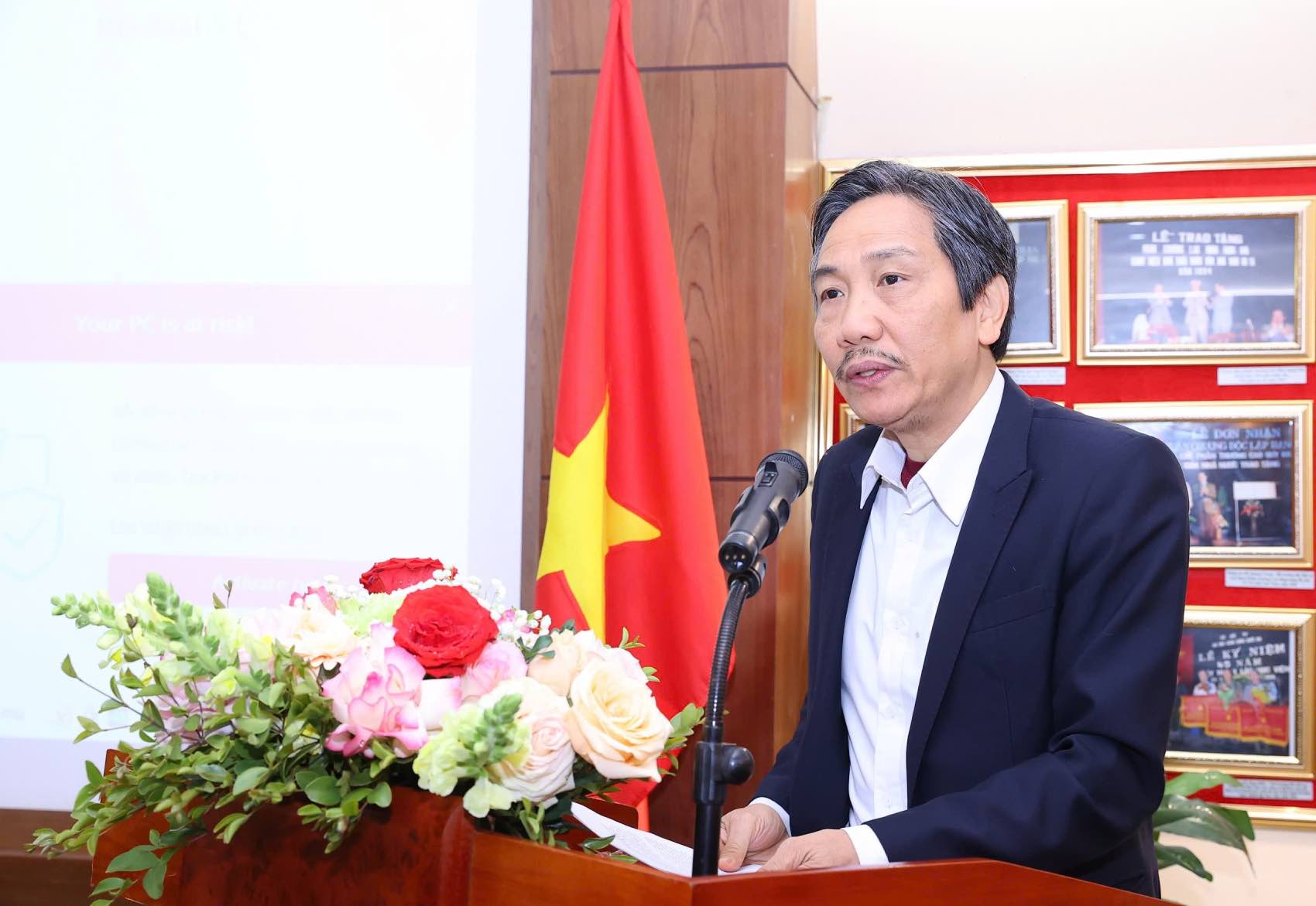
Mr. Tran Anh Tuan emphasized that the mindset of "lifetime" recruitment associated with the payroll is still "strong" in public service management, not yet adapted to the market mechanism.
Civil service standards are still “a hundred flowers blooming”, every agency is assigned to set standards, which becomes very complicated, not ensuring consistency. From there, the quality of civil servants is difficult to improve and meet the requirements of public service.
Therefore, entering the new era, thinking must also "strive", needing to fully perceive the role of the Government in the market economy.
Local matters must be decided, implemented and held responsible by the local authorities; decentralization should be promoted, and the authority between the central government and local authorities should be clearly defined. The government should be more bold in assigning the implementation of public services to qualified non-state organizations.

